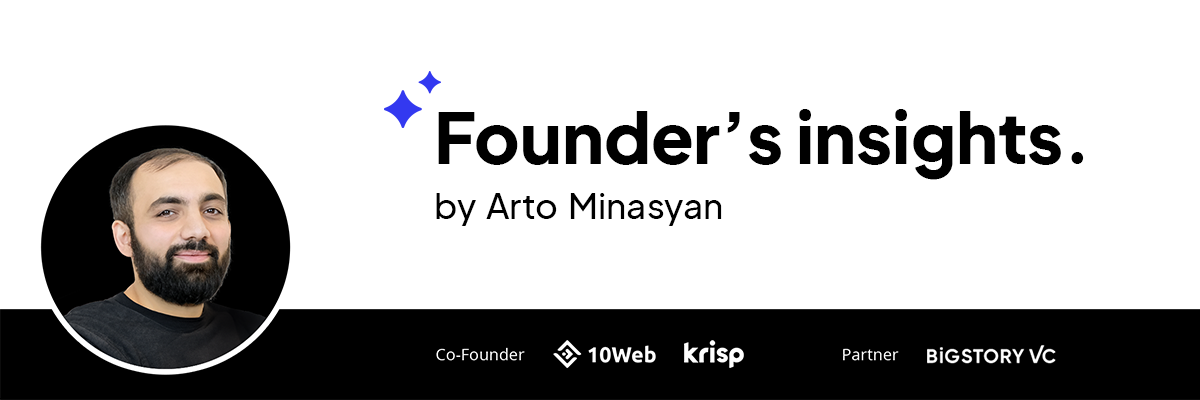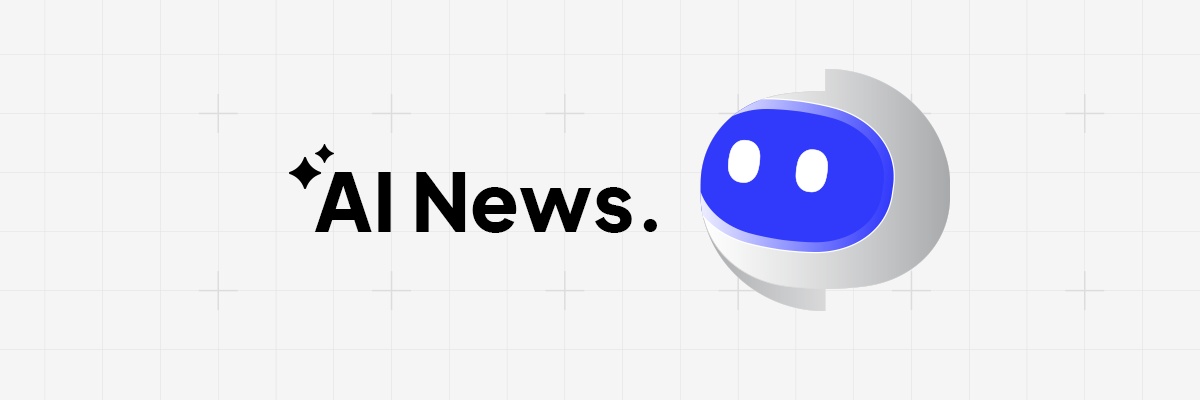DeepSeek, a Chinese generative AI app, has surpassed ChatGPT to become the most downloaded free app on the App Store. Its rapid rise has sparked both excitement and serious concerns over privacy and national security.
Why it matters: While DeepSeek’s open-source model and powerful features are attracting global users, experts warn that Chinese data laws could compromise user privacy. Under Chinese law, companies must share data with the government upon request, raising alarms about potential surveillance. Cybersecurity experts caution that DeepSeek’s privacy protections may be insufficient, and a future app update could introduce malware, putting users’ data and devices at risk. Agencies like NASA, the U.S. Navy, and governments in Texas, Taiwan, and Italy have already banned the app, citing these security risks.
This surge also reflects the growing U.S.-China tech rivalry in AI. While ChatGPT still leads in user engagement, OpenAI is reportedly in talks for a $40 billion funding round to maintain its dominance in the rapidly evolving AI landscape.
The U.S. Copyright Office has released a 52-page report outlining the boundaries of copyright protection for AI-generated content. The report confirms that AI outputs alone cannot be copyrighted, while human creators who use AI as a tool still retain rights over their contributions. It emphasizes that copyright protection requires meaningful human authorship and creativity, not just AI generation.
Even prompt engineering—no matter how detailed—doesn't qualify for copyright protection. However, works that combine human-created elements with AI-generated content can be copyrighted, but only for the human-authored portions. The Office also concluded that no new legislation is needed at this time, and current registration policies will continue as normal.
Why it matters: This guidance offers crucial clarity for creators and businesses navigating the use of AI in their work. It protects human authorship while ensuring that companies and artists can integrate AI tools without jeopardizing their intellectual property. As AI becomes more central to creative workflows, understanding what qualifies for copyright is essential.
OpenAI has introduced Deep Research, a powerful new capability in ChatGPT designed to perform in-depth, multi-step research on complex tasks. This feature can complete projects in mere minutes that would take a human researcher hours, synthesizing information from hundreds of online sources to produce detailed, well-documented reports.
Why it matters: Deep Research offers a game-changing tool for professionals in finance, science, policy, and engineering who need precise, comprehensive data. It also helps everyday users with personalized recommendations for major purchases. However, automating deep research raises concerns about accuracy, bias, and over-reliance on AI insights. It also pushes OpenAI closer to AGI, sparking ethical questions about AI's role in critical fields.
How it works: To use Deep Research, select it in the ChatGPT message composer, enter your query, and even attach files for context. The AI will search, analyze, and synthesize information from across the web, presenting a fully cited report in 5 to 30 minutes. It leverages a version of the upcoming OpenAI o3 model, optimized for browsing and data analysis, and scores highly on Humanity's Last Exam, an expert-level AI evaluation.


1.png?upscale=true&width=1200&upscale=true&name=banner(light)1.png)


